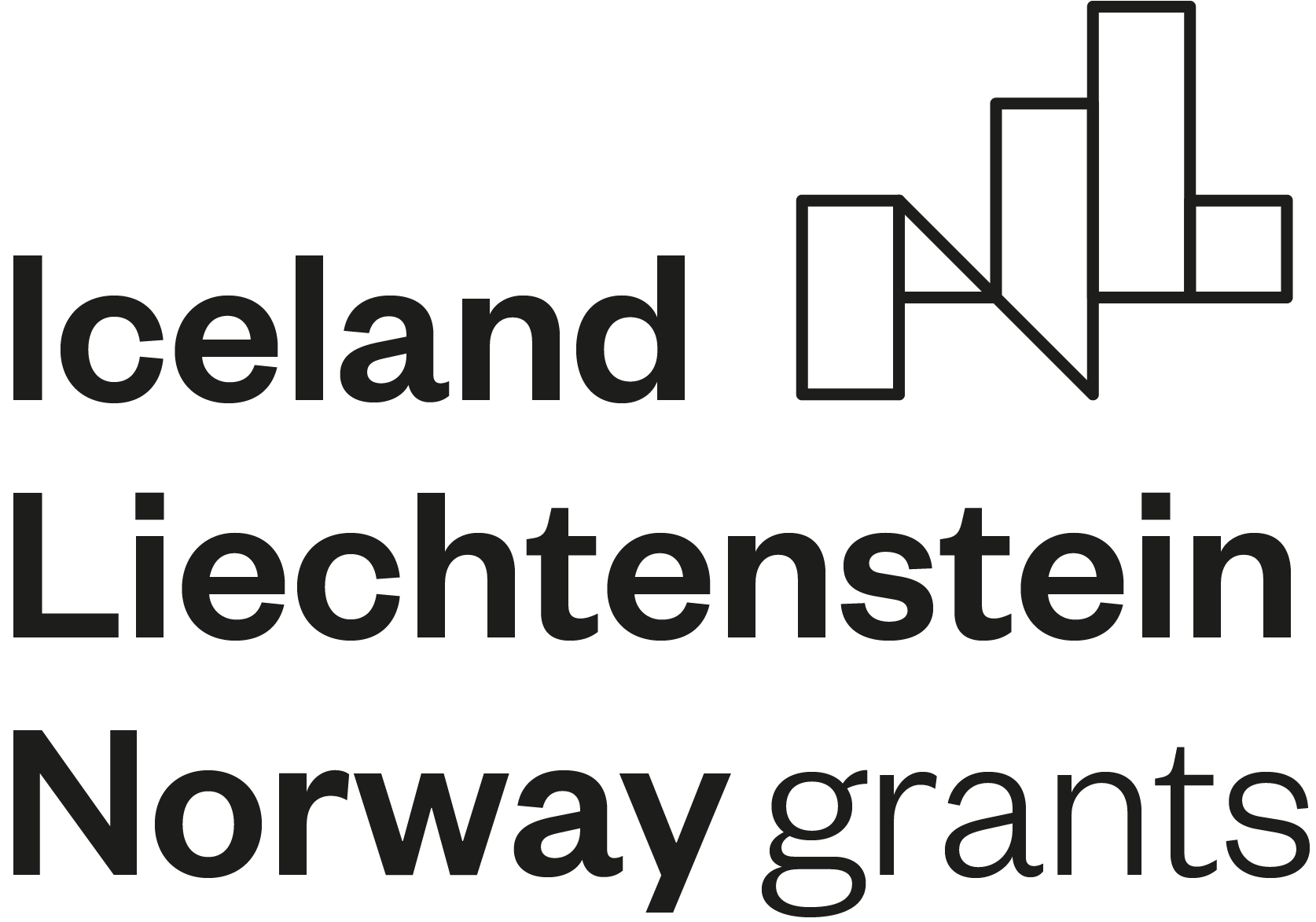Remote training was held for the public health JPSPP (health promotion, prevention, treatment, counseling and monitoring) coordinators and municipal specialists of the municipalities of Biržai, Kėdainiai and Anykščiai district on the topics of implementation of the project “Healthier and safer youth life” model. During the training, specialists were introduced to the implementation of algorithms for solving youth health problems: 1. Prevention of suicides and self-harm, 2. Prevention of health disorders related to overweight and obesity, 3. Prevention of sexually transmitted infections and unplanned pregnancy, 4. Prevention of the use of psychoactive substances, 5 Prevention of alcohol consumption, 6. Prevention of depression, 7. Prevention of sexual violence, 8. Prevention of eating disorders.
During the training, the following topics were analyzed in detail:
- Practices and challenges of coordinating the provision of JPSPP (health promotion, prevention, treatment, counseling and monitoring) in the municipality, performing situation analysis;
- Portal administration practice at the municipal level;
- Practice of adaptation and maintenance of algorithms;
- Practices and challenges of organizing and conducting case management, inter-institutional cooperation and other training for JPSPP providers;
A total of 20 specialists from the above-mentioned public health offices and municipalities participated in the training. Training took place at 4 p.m.
Training of specialists of coordinators and cooperating institutions
From 2022 training for JPSPP (health promotion, prevention, treatment, counseling and monitoring) coordinators and specialists of cooperating organizations started in April. The aim of the training is to acquaint specialists with youth problems related to 8 algorithms and to develop problem-solving skills, to strengthen inter-institutional cooperation.
The following topics will be covered during the training:
- The most relevant youth health problems;
- Case management and interagency cooperation;
- Contact technique, active listening and communication with young people, motivation for change;
- Prevention and strengthening of mental health.
We plan that 108 people will participate in the training, who will be divided into 9 groups of 12 people each. Each participant will listen at 4 p.m. training course.

